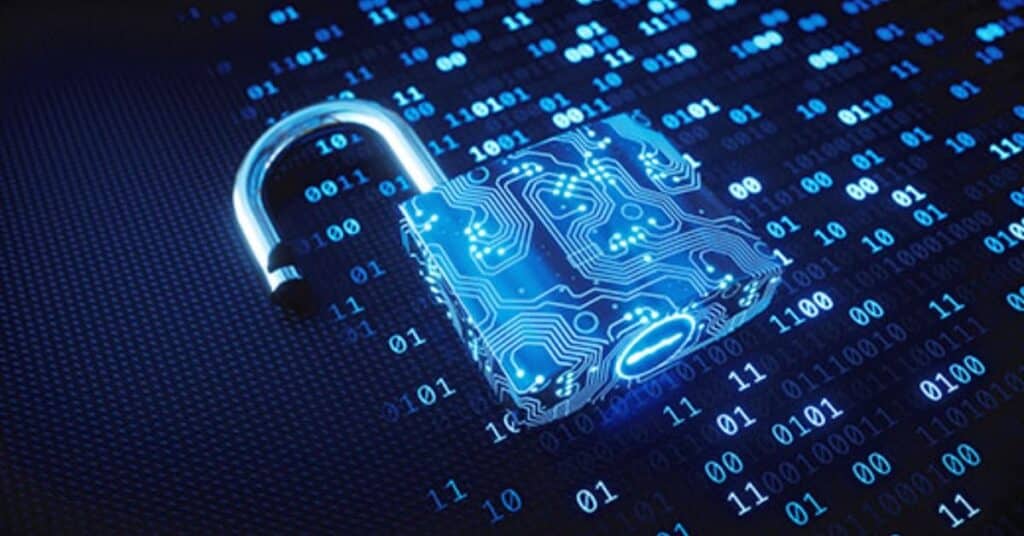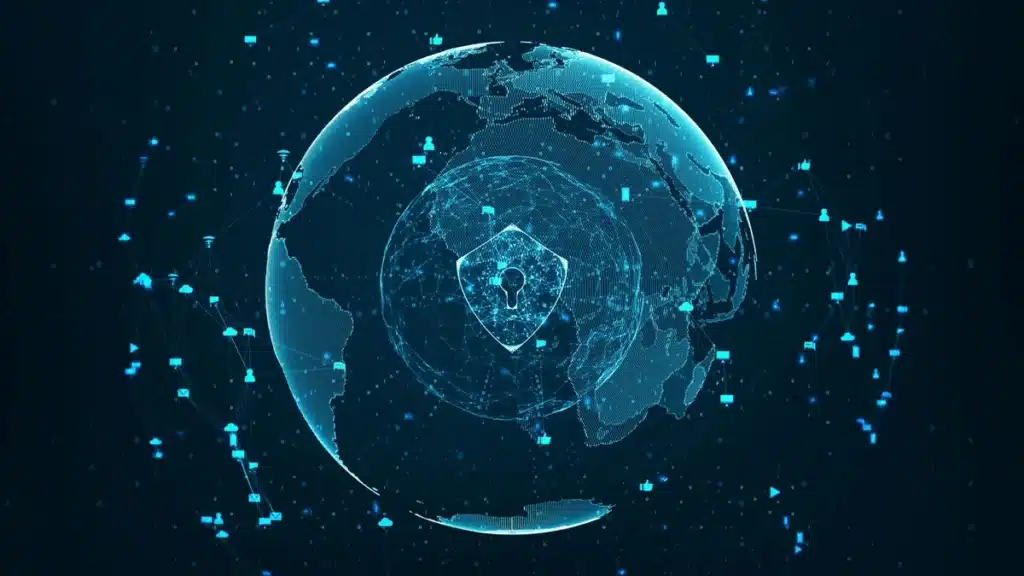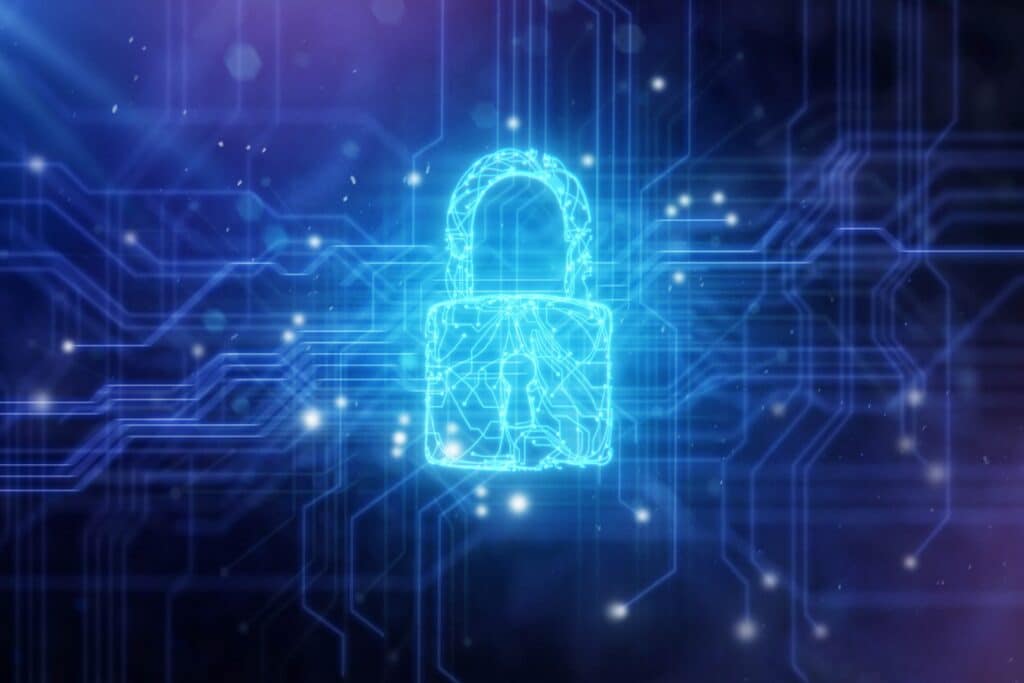The ‘New Cold War’ continues to mark urgency for organisations to bolster cyber-resilience

It’s no secret that the consequences of the Russia-Ukraine war are widespread, impacting the world in ways no one could have foreseen. As the tension continues, organisations have noticed a sharp increase in cyber-attacks. According to Bridewell Consulting’s research, 86% of organisations have reported an increased number of cyber-attacks since the start of the Ukraine war and 69% worry their systems are vulnerable to attack. With sustained attacks including DDoS, new data wipers, phishing campaigns and malware on government organisations, businesses across the globe are in danger of being caught in the cyber-crossfire.

The cyber threats are particularly concerning for critical infrastructure where IT and OT/ICS are highly interconnected. In these circumstances, a compromise may have a domino effect leading to potentially devastating consequences. While nation-state hackers may display a sense of focus and restraint, an ad-hoc army of freelance hackers is more unpredictable, leading to new vulnerabilities for both people and businesses. This surge in cyber-attacks creates a unique sense of vulnerability for businesses. With heightened cyber-risks, there is an urgent need for organisations to become cyber-resilient. The Government department for Digital, Culture, Media & Sport (DCMS), along with Julia Lopez MP has urged businesses and charities to strengthen their cyber security practices now. This comes at a time when the National Cyber Security Centre has published guidance on the steps organisations can take when the cyber threat is heightened. It’s imperative for businesses to focus their attention on their cyber security efforts, starting with what has failed in the past and seeking solutions to address these failures. This will allow businesses to learn from previous mistakes and take ownership of their own network security, or risk being collateral damage in the cyber crossfire. Aligning digital transformation with cyber-resilience Many businesses fast-tracked their approach to digital transformation during the Covid-19 pandemic. As such, organisations were forced to ease security procedures to help staff adjust to remote working, creating a variety of security issues. The emerging all-digital lifestyle and work-from-home environment will continue to complicate cyber security and give criminals new vulnerabilities to attack. In Deloitte’s recent article on the impact of Covid-19 on cyber security, it highlights a Swissinfo.ch report of figures from the NCSC (National Cyber Security Center) for June 2020. These figures indicated individuals working at home do not have the same level of inherent protection/deterrent measures compared to an office working environment. Reimagining traditional password security The main reason criminals easily gain access and command over a network is due to the inherent weaknesses apparent in the traditional approach to network security. In the office workspace, organisations distribute passwords to their employees directly, rather than having an employee craft a key themselves. The power lies in the hands of the business, rather than the individual. But when companies went digital, they flipped that process around. Suddenly, they let their employees create their own keys to every system, transferring ownership and control of access to them. From that moment, organisations no longer knew or had control over when, where, and how employees would share, lose, or reuse passwords. The ability for employees to share, lose, and reuse their passwords without their organisation knowing, leads to tactics such as phishing, social engineering, credentials stuffing and password spraying to allow cyber criminals to get past unsuspecting users. Cyber criminal’s access points Loosening the security rules and regulations on staff to support remote work continues to cause several security issues. For instance, it has proven to be problematic to blindly give untrained staff permission to connect their personal devices to the enterprise network or use employer-supplied computers for personal use. Doing so can create various problems, even something as simple as clicking on a phishing link within a personal email, can cause enormous disruption, if only to the work flow of the IT team tasked with resolving the issue. The problem is compounded as employees increase the chances of a threat through their personal Wi-Fi networks that have no security policies in place. Once connected they’re often using a VPN, granting open-ended authorisations to access entire suites of corporate files and data, without background verification checks or security reviews. Regain control of your network, before it’s too late Businesses should invest to secure their networks. They should adopt a high-bandwidth network infrastructure, upgrade security protocols, establish internal policies giving guidelines on how employees should protect company data and information, and improve password protection by enforcing multifactor authentication. Faced with the increased risk of getting caught in the cyber crossfire, it is not too late for organisations to take responsibility for the security of their networks and make their digital infrastructure cyber-resilient.
You may be interested in
Your guide to leveraging NCE pricing to get the best value
Renewing your Microsoft Licensing Agreement is an opportunity to align your IT strategy with your business goals. It allows you to take advantage of the latest technologies, optimise costs, and ensure compliance with industry standards. While this might seem straightforward at first glance, to achieve the best value and biggest discounts, it’s often more complex than it appears and navigating the renewalprocess requires careful planning. In this Blog we will walk through what you need to know about the new Microsoft Licensing rules,when to get the best value from your renewal, and how to review…
Loving your customers with AI, cybersecurity and peace of mind with MSP support
2024 has marked a massive shift for SME IT needs, as creating an appropriate and optimised business strategy has become an increasingly difficult challenge for business owners and IT operators nationwide.
Protect your student data from continued ransomware attacks, says Espria
With ransomware rates still high for education organisations, better security oversight and orchestration is needed across UK schools.
Fortify and Reassure with Compliance and Cybersecurity Synergy
With new cyber threats emerging, businesses will need to develop a seamless and blended approach to cyber and compliance for strategic success.
UK businesses cannot continue risking reputation with shoddy security, says Espria
Sophos’ 2024 Threat Report recently highlighted ransomware as the biggest existential cyber threat to small businesses. While cyberattacks on large companies and government agencies may receive more news coverage, Sophos reported that SMB’s are generally more vulnerable to cybercriminals and suffer more proportionally from the results of a breach.
Peace of mind: Cloud is key in scaling systems to your business needs
Meeting the demands of the modern-day SMB is one of the challenges facing many business leaders and IT operators today. Traditional, office-based infrastructure was fine up until the point where greater capacity was needed than those servers could deliver, vendor support became an issue, or the needs of a hybrid workforce weren’t being met. In the highly competitive SMB space, maintaining and investing in a robust and efficient IT infrastructure can be one of the ways to stay ahead of competitors.





